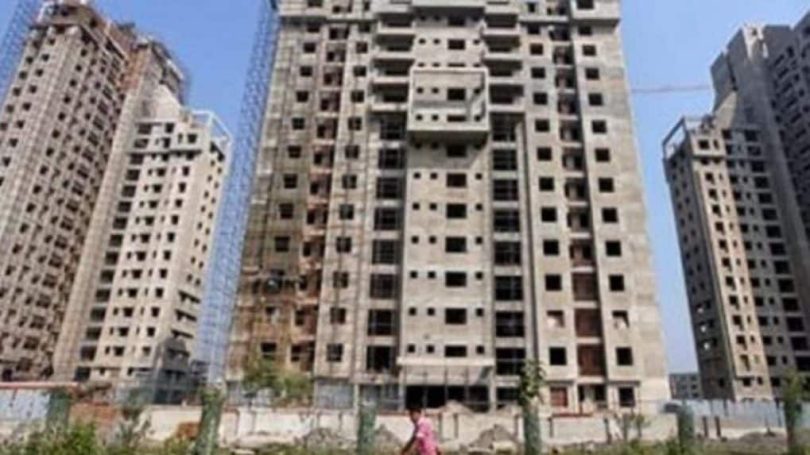[ad_1]
For years, real estate companies and developers used websites to attract potential customers — their own, or platforms that provide property listings. But physical site visits were an integral part of the selling process. This started changing a few years ago, with some developers offering online tours of their projects.
The pandemic sped up this adoption of technology — and companies now offer a lot more: from virtual tours to interactive, immersive virtual reality experiences, to extended reality simulations, they give aspiring home owners a sneak peek into what living in the finished project will actually feel like.
Rashmi Kohli, Director of Sparrow Interactive said, “Technology which was used only for backward integration now has taken a front seat in forward facilitating the brands. Real estate brands globally want to create memorable experiences for their prospect so that in this cloud of offerings they are able to stand out.”
Consultancy firm Anarock says globally, conversion rates have risen to 40 percent — and much of this surge can be attributed directly to the use of new-age tech as selling tools. Of course, this also means a jump in sales and revenues.
Mandhir Vinaik, AVP of Residential Sales at Anarock said, “Earlier, they would take six months to buy a property by understanding things but with technology in place, that duration of buying cycle has reduced because you have a lot of clarity, and that is even happening at the local sites.”
It also gives the builder a cost advantage in the long term, even if the technology is costly to begin with.
“The buyer can experience the entire sample house without actually being constructed by the developer. So that that saves on the money, time and resources,” Vinaik added.
It’s not just high-end luxury projects that are adopting such technology. Anarock says that mid-range and affordable housing projects account for 56 percent of new launches in the third quarter of 2022 — and a lot of the buyers are millennial’s with whom such technology resonates. But experts say that technology is constantly evolving… and expensive. So adoption has been relatively slow.
Hemanth Velury, CEO of VirtSpaces said, “What we have seen specific to India is, real estate is a family owned business, it is the second or third generation that has gone abroad, and these are the people pushing efficiencies everywhere. Not just back office or financial efficiencies but sales efficiency as well, so that is where virtual reality really helps. I have been pleasantly surprised that tier II cities are actually more acceptable to trying out technologies than tier I cities.”
This new trend has opened up a whole new market for startups in India.
Technology, for real estate developers, is no longer about hiring a website developer. It’s now about immersive experiences and holograms — stuff that lets a potential buyer walk around in a home that’s still under construction miles away, and play around with the interiors to get a real feel for the space.
This has created a whole new high-growth sector… and while the startup ecosystem in India has been complaining of a funding winter, proptech enterprises have seen private investment jump 55 percent between 2009 and 2021.
[ad_2]
Source link








